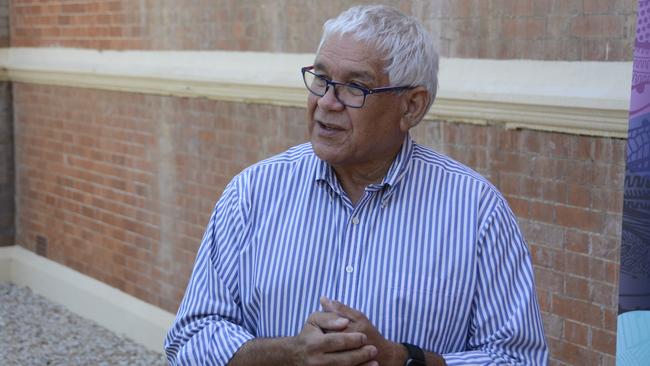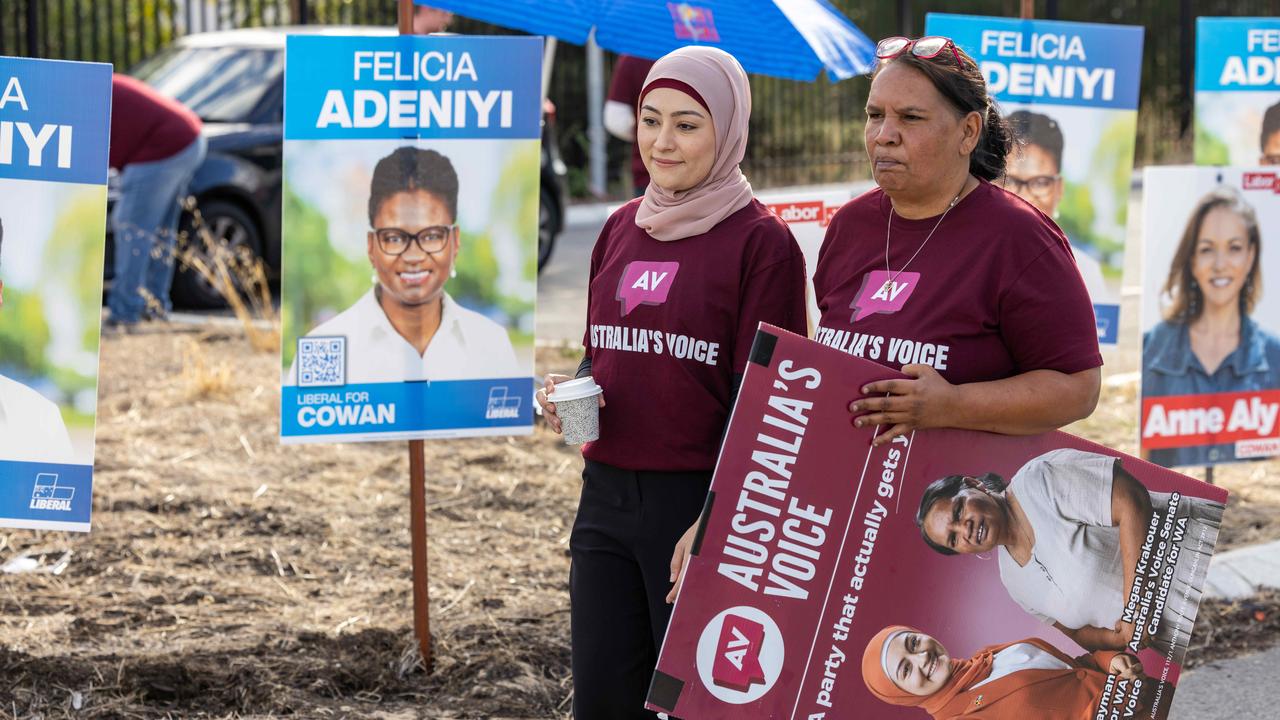Calling to account is vital to end abuse: Mick Gooda
Australia’s response to the horror of child sex abuse in remote communities is too often dealt with by blaming entire indigenous populations: Mick Gooda

Australia’s response to the horror of child sex abuse in remote communities is too often dealt with by blaming entire indigenous populations or by ignoring the problem altogether, says former social justice commissioner Mick Gooda.
Mr Gooda said both responses were extreme ends of a spectrum and wrong, and the nation must find a middle ground that addressed the scourge of child sex abuse — and child sex abusers — in Aboriginal communities.
He spoke of his belief in the power of a strategic response after the alleged gang rape of a five-year-old boy on Cape York on July 1. None of the four alleged offenders were older than 13.
Mr Gooda said that, above all else, the victim must be the priority after any child sex offence. Next it was important to address issues in the community and then the perpetrators, including child perpetrators, must be made accountable, because the evidence showed that was the most effective way to prevent reoffending.
“The form of accountability can vary but if the offender is not made accountable, very few will stop offending of their own volition,” he said.
The former chairman of the Abbott and Turnbull governments’ indigenous Advisory Council, Warren Mundine, said he felt physically ill after confidential briefings from the National Crime Commission on child rape in remote communities as a member of John Howard’s National indigenous Council.
Mr Mundine said people who took part in Black Lives Matter protests were right to draw attention to indigenous deaths in custody but he wondered how many of them understood that “poverty and crime within Aboriginal communities are ruining children’s lives”.
“This is happening at a time when there is so much opportunity for Aboriginal people,” he said. “We have got to deal with these poverty issues within Aboriginal communities because that is what is underneath all of it. That is why we are seeing serious crime.”
Mr Mundine said the crime prevention committees and panels he worked on between 2002 and 2016 left him in no doubt that child offenders were the product of dysfunction and abuse that had become almost normal.
“I met a 14-year-old boy at the juvenile detention centre in Perth who was already a serial rapist,” he said. “The stuff we learned in those confidential briefings from police and criminologists would make your hair stand on end.
“I am not allowed to reveal details but there was one day I had to go outside because I thought I was going to throw up.
“People need to understand that there is intergenerational abuse of children happening in communities … where very few people have jobs.”
Hannah McGlade, a senior Indigenous research fellow at Curtin University and a longtime advocate of indigenous children’s issues, said it was time to listen to Aboriginal women.
“Many Aboriginal women, including women who hold leadership roles in the community and who have lived experience of child sexual abuse, have also been speaking up and offering solutions for many years now,” Dr McGlade said.
“Too often this falls on deaf ears, and lack of government responsivity is a key issue today in terms of child sexual abuse in Aboriginal communities. We do need a specific national action plan on violence against indigenous women and children.”
A spokesman for Indigenous Australians Minister Ken Wyatt said better support for indigenous women and their children was a key focus of the national plan in place to reduce violence against women and their children.
“Breaking the cycle of violence requires community-driven, trauma-informed approaches to family violence that prioritise cultural healing, family restoration and the strength of Indigenous families,” the spokesman said.
“Solutions must support frontline and prevention services, as well as the structural drivers of violence, and providing victims and survivors of family and domestic violence with holistic, wraparound supports, including ongoing casework support, is an important part of this.”



